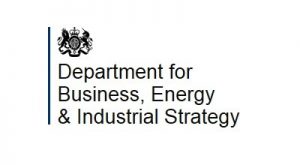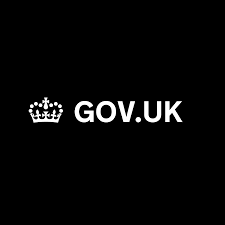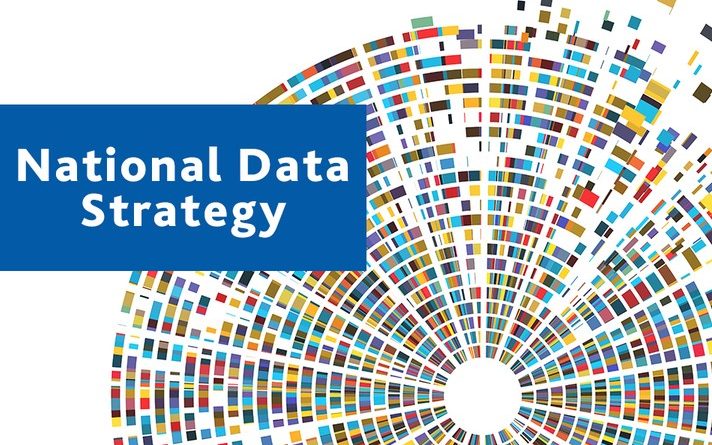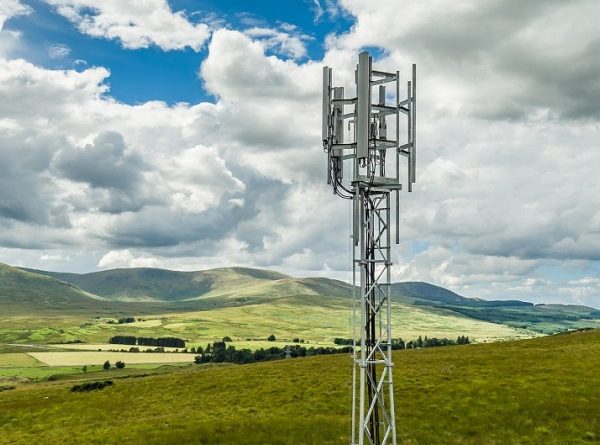2020-21 Spending Review and National Infrastructure Strategy
In his Spending Review statement today, Chancellor Rishi Sunak announced that borrowing is expected to reach £394bn for the current fiscal year (19% of GDP) which is the highest recorded level of borrowing in peacetime. He spoke of three priorities: getting the country through coronavirus, stronger public services and delivering record investment plans in infrastructure (including faster broadband for over five million premises in the UK and 4G mobile coverage to 95%). The government also confirmed £3bn for a three-year Restart programme to help a million people who have been unemployed for over a year to find jobs. A levelling up pot of £4bn will also be available for local infrastructure projects. (more…)












